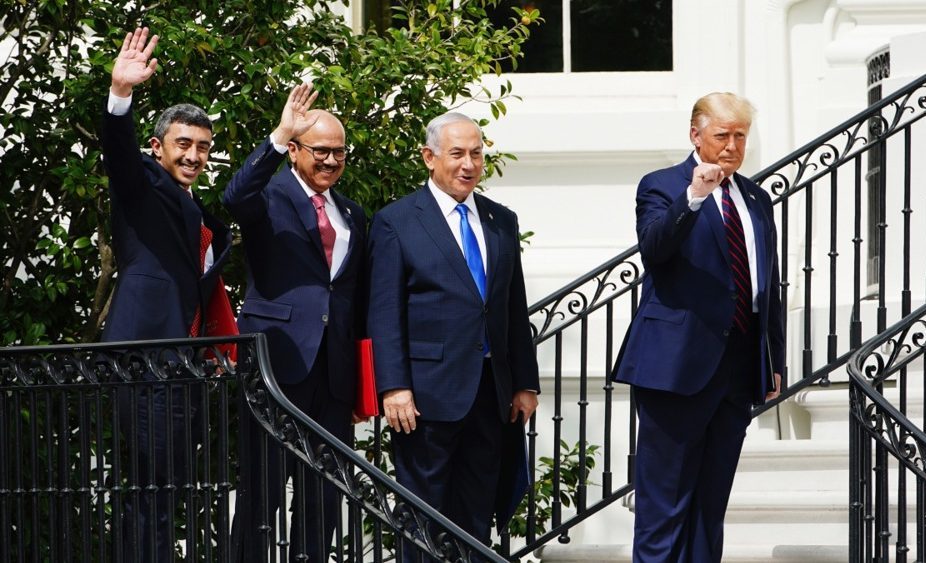The emerging picture from the 2024 European Parliament elections seems to confirm earlier predictions of significant but not decisive “hard Right” gains. The so-called Centre (which is the ruling Brussels elite uniparty system, from S&D to EPP or Renew) appears to have held overall, albeit by a reduced majority. Despite shocks at national level in several places, the EU will stagger on.
The Right wing opposition wave might not have broken the dam but these eurosceptic/euroreformist parties certainly have much to celebrate. They have made a serious dent in the eurofederalist establishment monolith, and in a number of countries from Belgium and France to Germany and Austria, the “rebels” have humiliated the incumbents in a major way.
All this, coupled with the strong turnout, shows that a genuine political revolt is taking place across the EU.
The moral and psychological impact is even more important than the number of extra seats wrestled away from pro-Brussels control. This election has now destroyed the myth of the euro-elite’s invincibility: it has now been clearly shown that their total destruction at the ballot box is in fact possible, in the future — just not quite yet.
More hard and smart work is required, over the mandate of this new Parliament, to achieve critical mass for serious euro-reform. The moment of truth will likely come in 2029.
But nothing is guaranteed. Whatever progress the nationalist Right has made this time, it will be fragile and it can easily be squandered.
Why? Firstly, because the electoral dynamics of modern Western democracies are structurally and culturally oriented, by and large, towards moderation and the avoidance of extremes.
As Tony Blair, that master of politics (unfortunately), famously said, elections are won from the centre. For sure, the term is a slippery notion, subject to cultural drift, but it remains nonetheless a useful shorthand perhaps for “moderate, sensible opinion.”
This is of course holds only in the broadest sense, because there is significant room for exceptions — but then again, democratic elections are indeed decided by the broad, prevailing opinion in society.
Essentially, most people are (or want to think of themselves as being) “decent.” They tend to recoil from “harder-edged” political offerings, whichever side they come from.
The heavy losses suffered by Renew and the Greens in countries like Germany and France proves the point. These ultra progressive parties have little in common with actual liberalism or Centrism.
In practice they and their fanatical policies on social matters or climate change represent a form of extremism of the Left, irrespective of what they claim or even of what they think of themselves in their deluded self-righteousness. They are increasingly perceived as extremist parties by the electorate, based on their record in power, and are thus suffering the consequences.
So, perhaps counter-intuitively in the current atmosphere, there is still much to say for the centre theory. In truth, to win big and seize control of the system it is vital to be able to reach and mobilise that middle-ground vote, in one way or another.
This is always a question of adopting new leadership styles and messaging — something that Le Pen or Meloni seem to have understood — but also a matter of building credibility with voters in terms of actual policy solutions, depth of expertise across the party, and of course delivery when elected to office.
In this sense, the challenge for the challenger parties is how to maintain their revolutionary, counter-cultural esprit while professionalising and “normalising” their political operations so they can appeal to that middle-ground swing electorate next time around.
Let us not forget that the purpose of politics, for those who take it seriously, is power – not record gains in opposition. Doubtless, much can be achieved in opposition as well, by forcing the government to move in your direction and compromise; but there is no substitute for actually taking direct control of the state or the organisation in question.
This might sound like a side argument, but the fact is that too many politicians are in it more for the performative aspects of the business, and for the opportunity to have a platform for their views, than for an absolute focus on winning power.
And fringe political movements that suddenly enjoy success often fall prey to this tendency. It is all too easy to end up in a dead end where your party becomes a perennial threat, and even makes big gains, but never quite makes it.
The second big risk facing the European Right after these elections, which may yet prove their undoing and reverse rather than strengthen their position over the next few years, is the risk of political disunity — indeed, of acrimonious, internal fall-outs.
For all their common front against the Brussels swamp, the new Right is divided on important things like the Ukraine war but also economic policy.
The “elite establishment” still clings to power precisely because it does have a shared set of ideas, interests and aims — it is defined by a “univision” of the world.
The Right must also eventually unite on principles, if it is to achieve its final goal and take control of the EU. But this is a tall order.
We are in a period of ideological factionalism on the Right (just one example being big-state approaches, like subsidies and industrial policy vs small-state, low-tax libertarian views). These type of splits, on fundamental principles, have broadly been representative of the Left, which has traditionally been fragmented into different streams and groups, going back to the Stalinist-Trotskyst divide or indeed to the original Menshevik vs Bolshevik struggle for leadership of the revolutionary vanguard party.
Something like this could well take place on Europe’s Right.
The Right must learn from the Left’s mistakes. There is much effort needed to achieve more ideological coherence and alignment, especially as after these elections the debate will move towards defining actual, specific solutions and not just coming up with criticism and attack lines against “the elites.” They will need to up their game.
The results of this election are no more than an opportunity. It can also go wrong in two ways. It can fail to deliver the strong pan-European euro-reformist coalition that should now materialise. Worse, the Right can even end up squabbling for the next few years.
Any of this would stand a high chance of discrediting Europe’s counter-Brussels movement, as has happened in the UK to the Tories and their failure to implement Brexit properly.
Or, in an even more concerning scenario, this moment of opportunity for the Right can lead to more genuine radicalisation from which we all lose. This is because the establishment will fight back with increasingly dirty tactics, and the Right might not have the time, leadership, discipline or skills to change tack, take the edges off its modus operandi, use its gains cleverly and outmanoeuvre its adversaries to beat them at their own political game. Time will tell.






Europe’s global strategy is an afterthought in this election